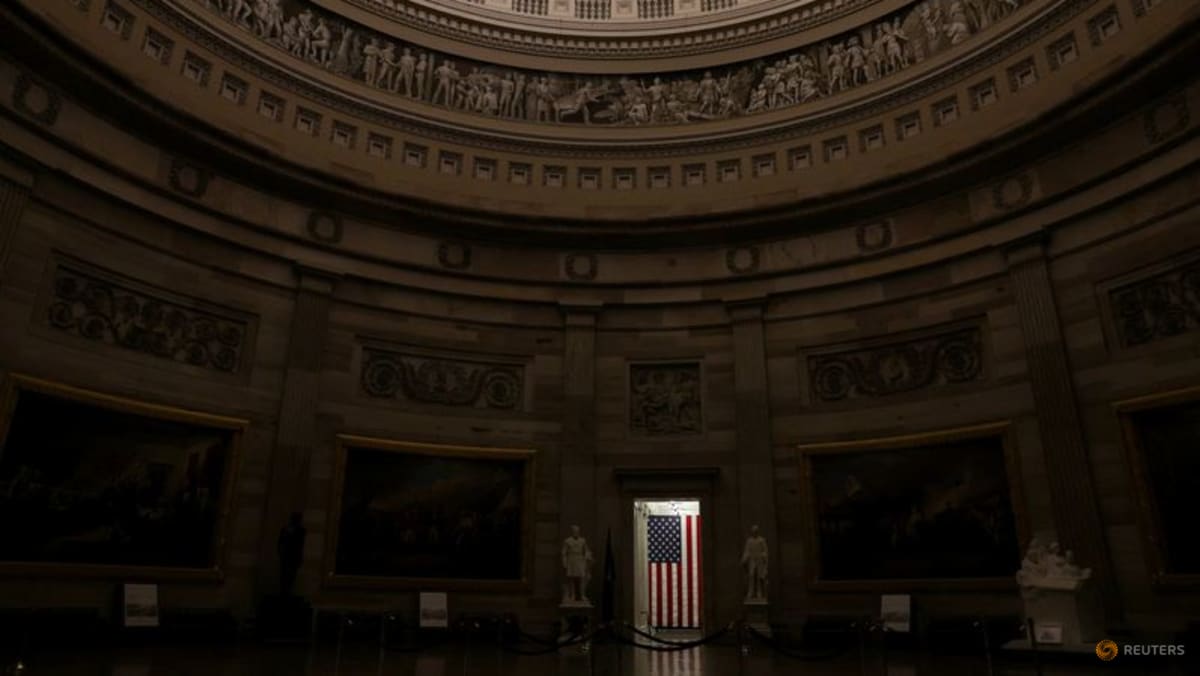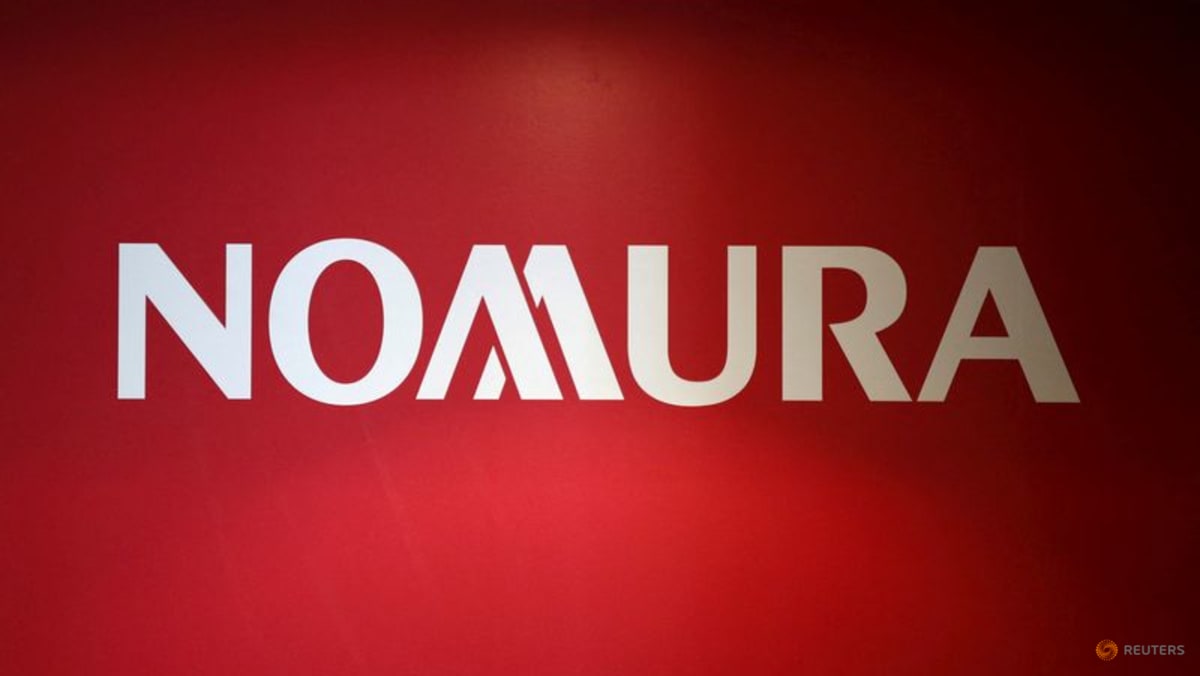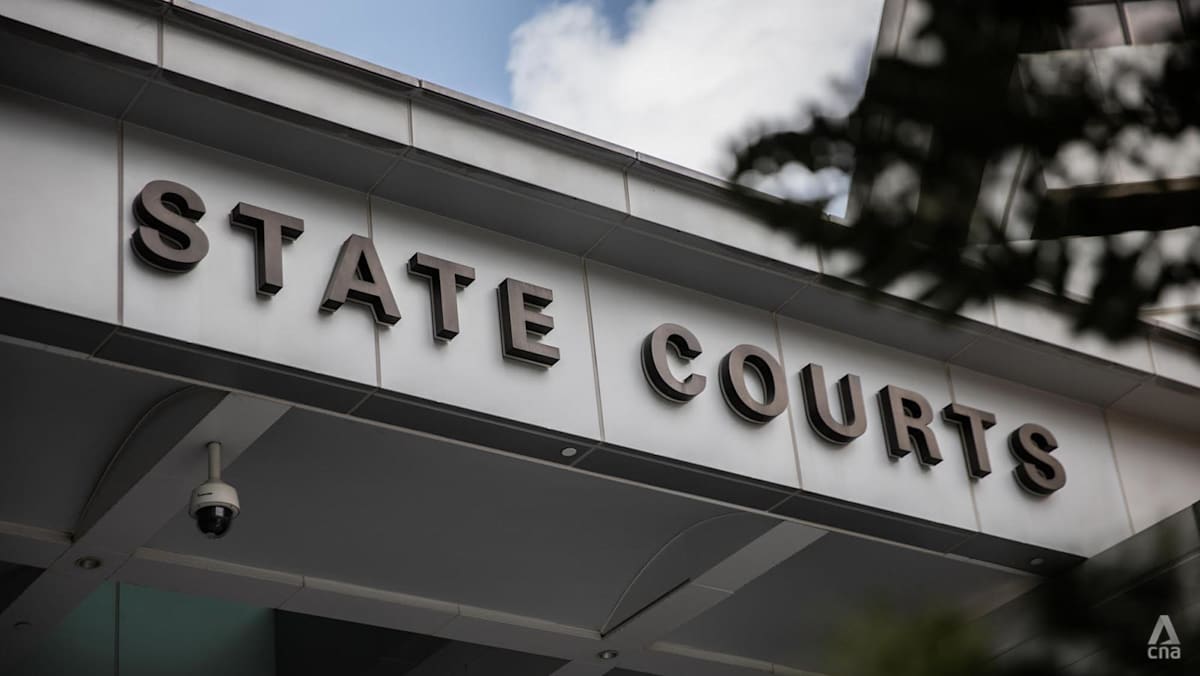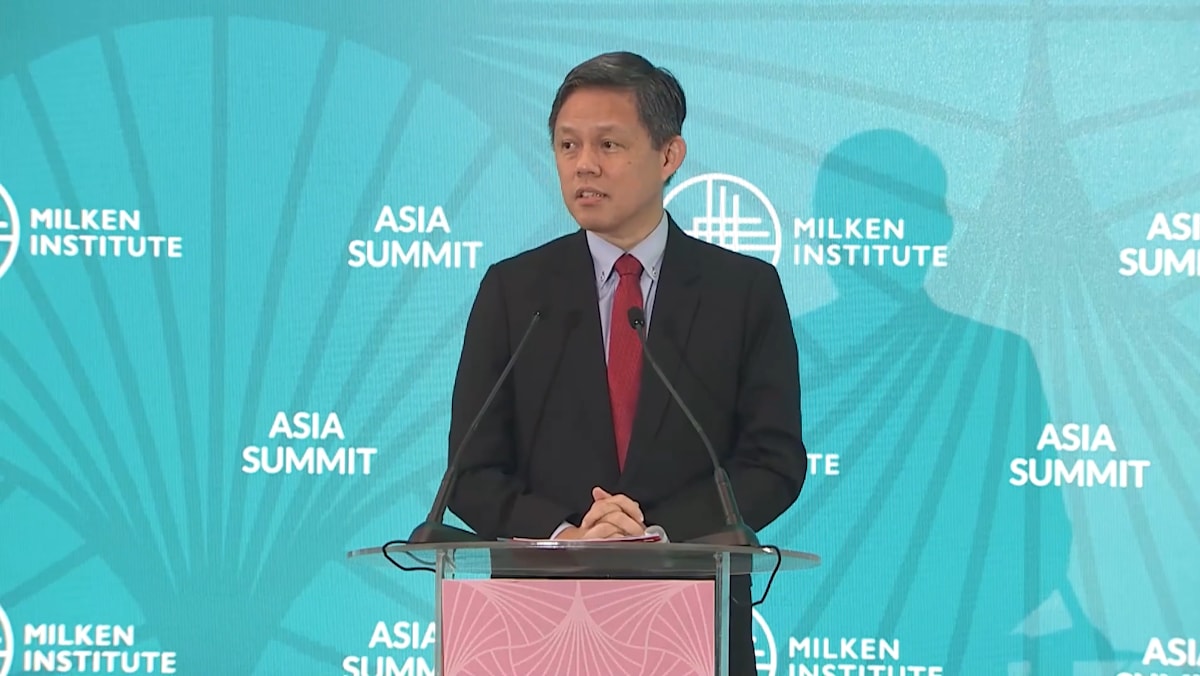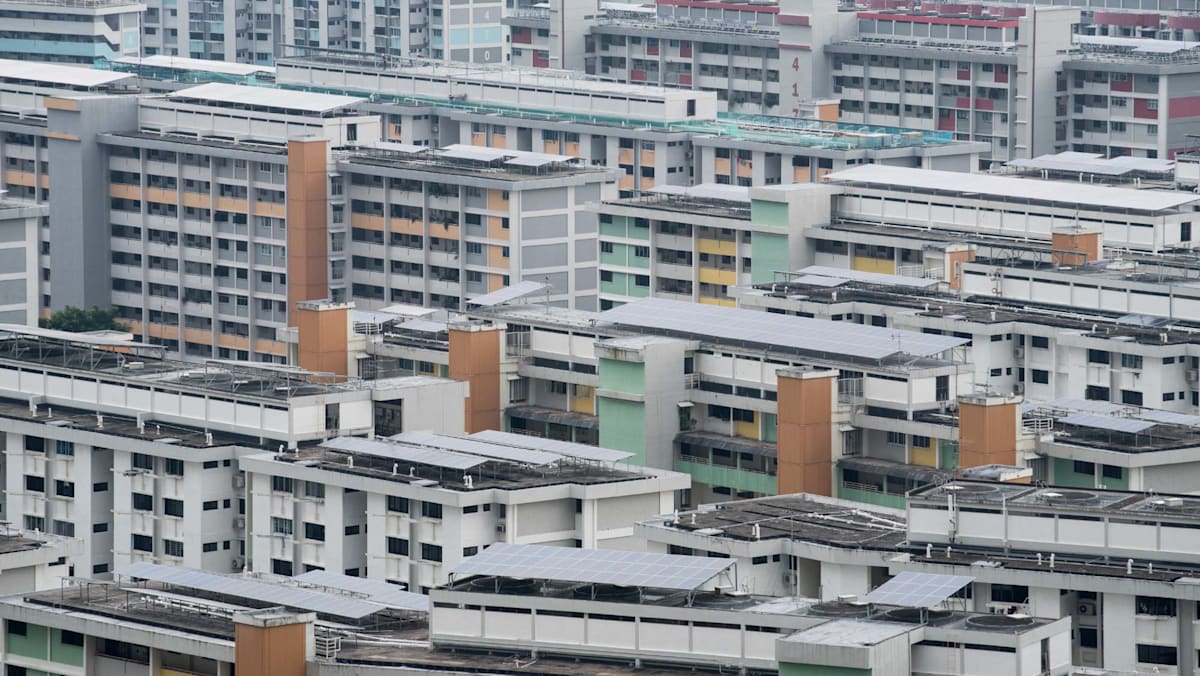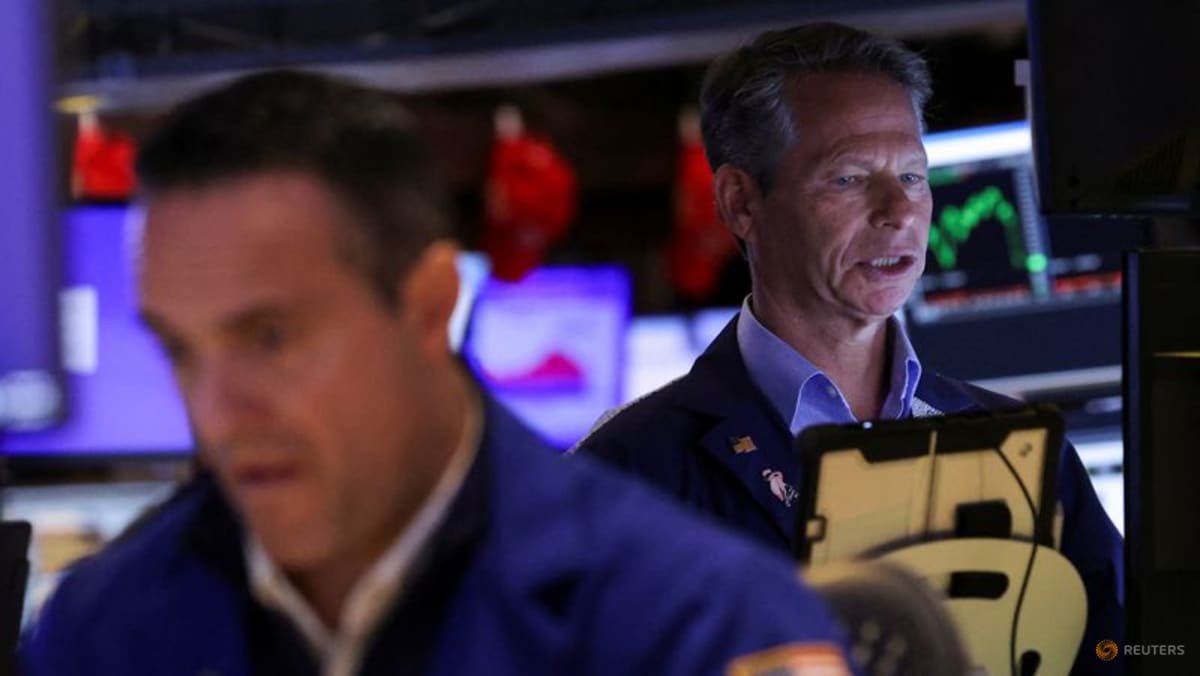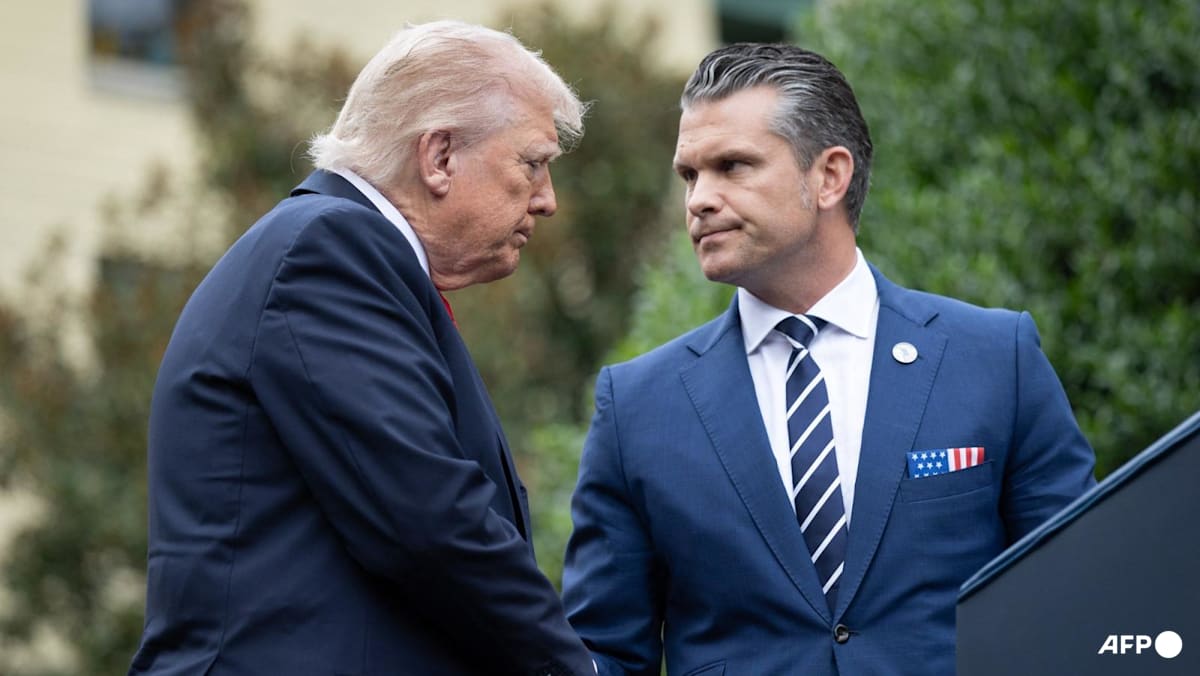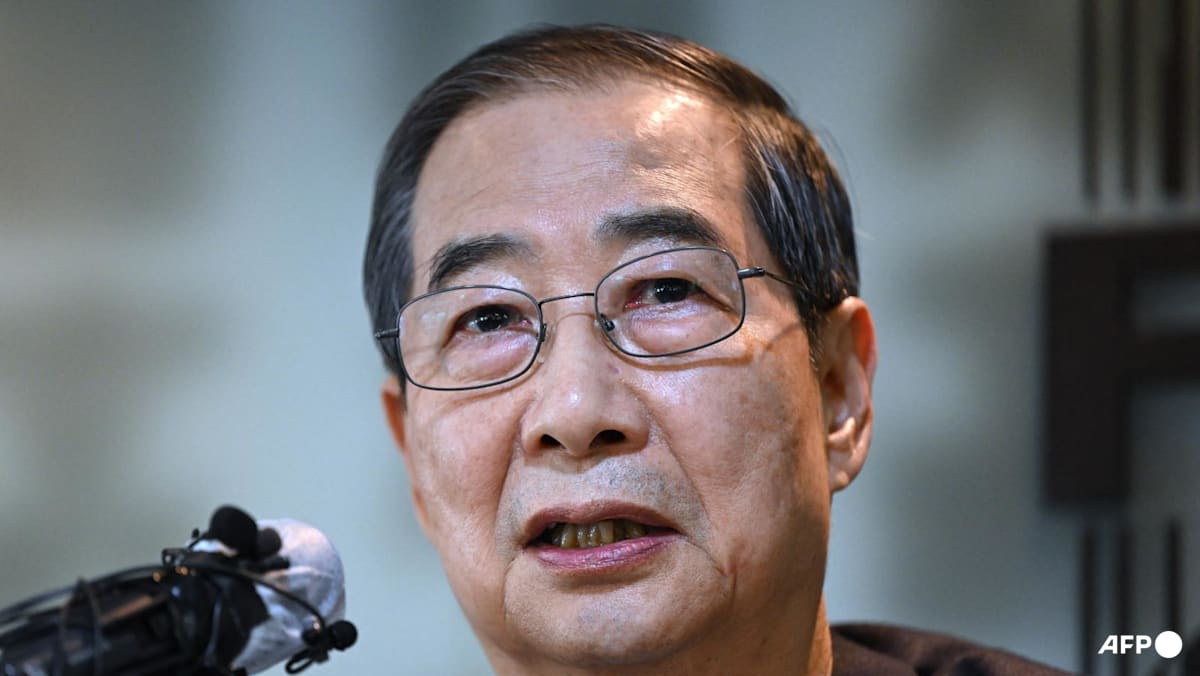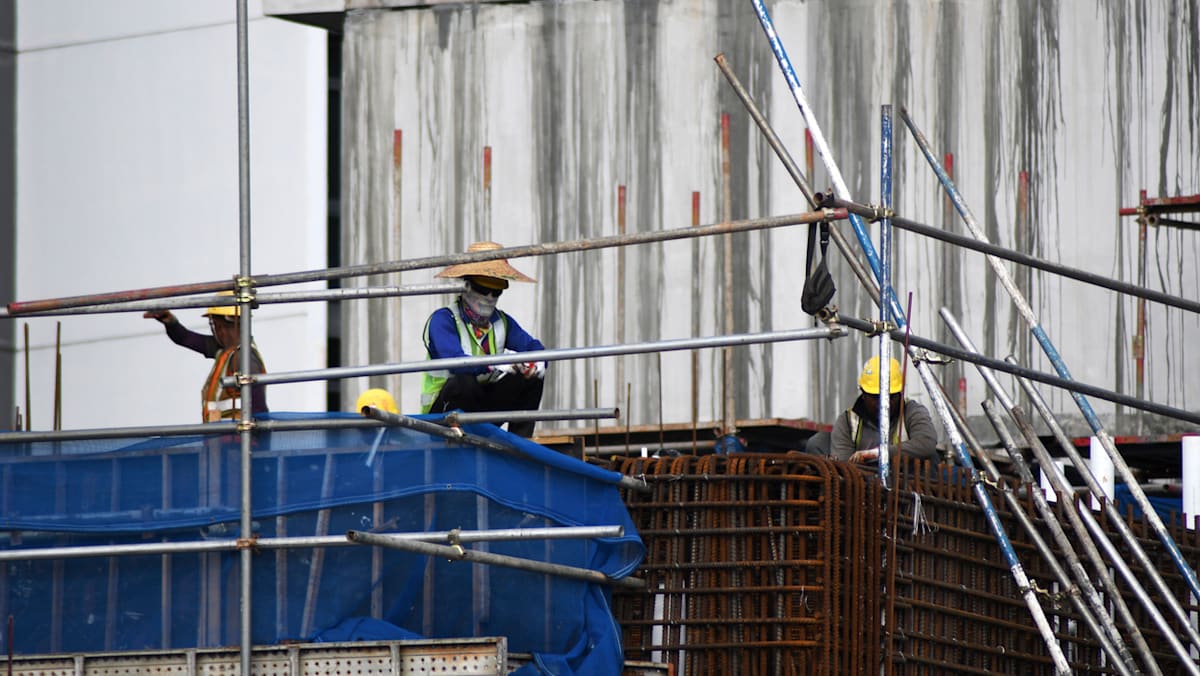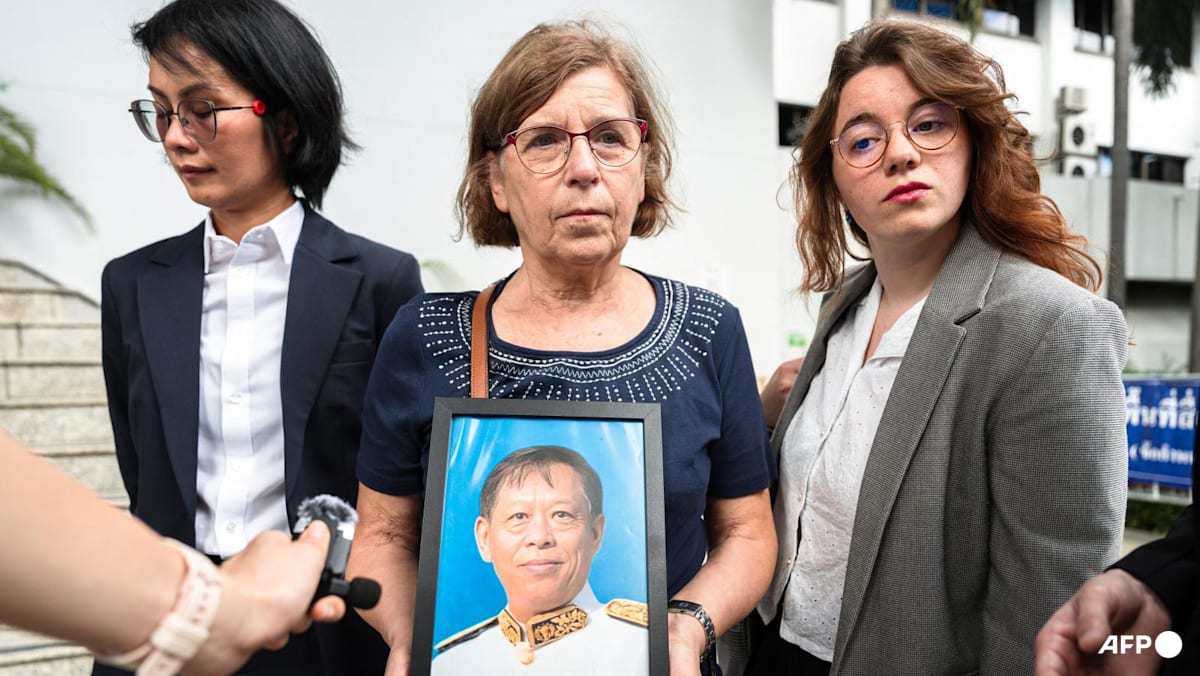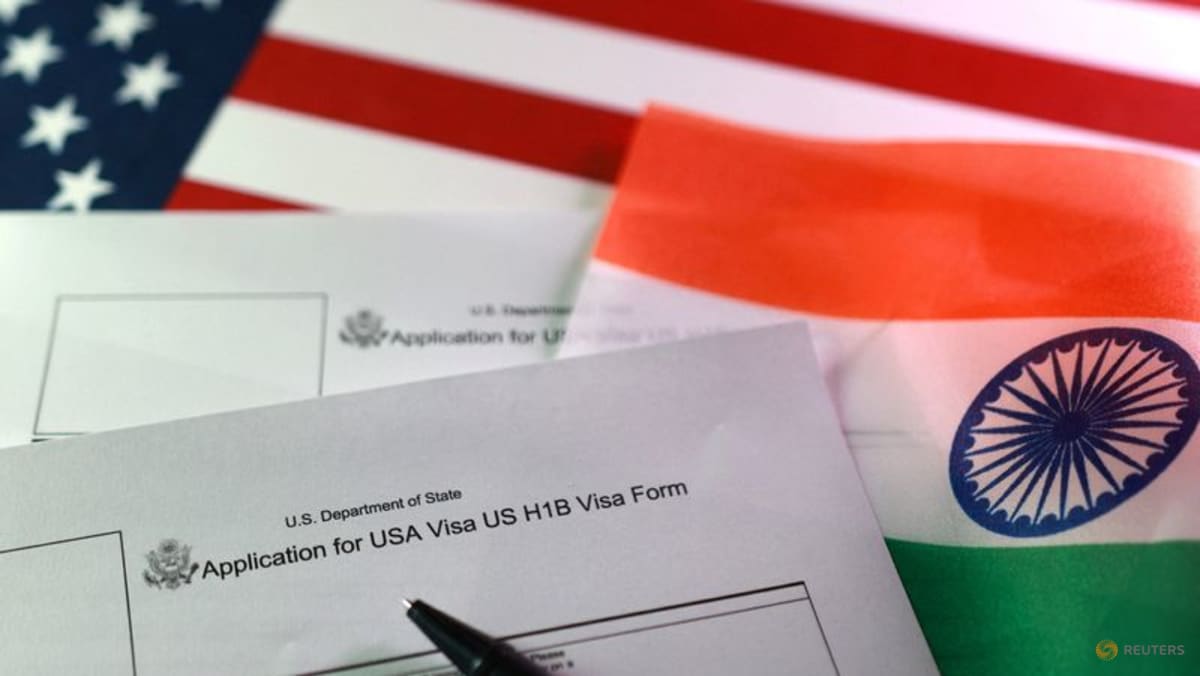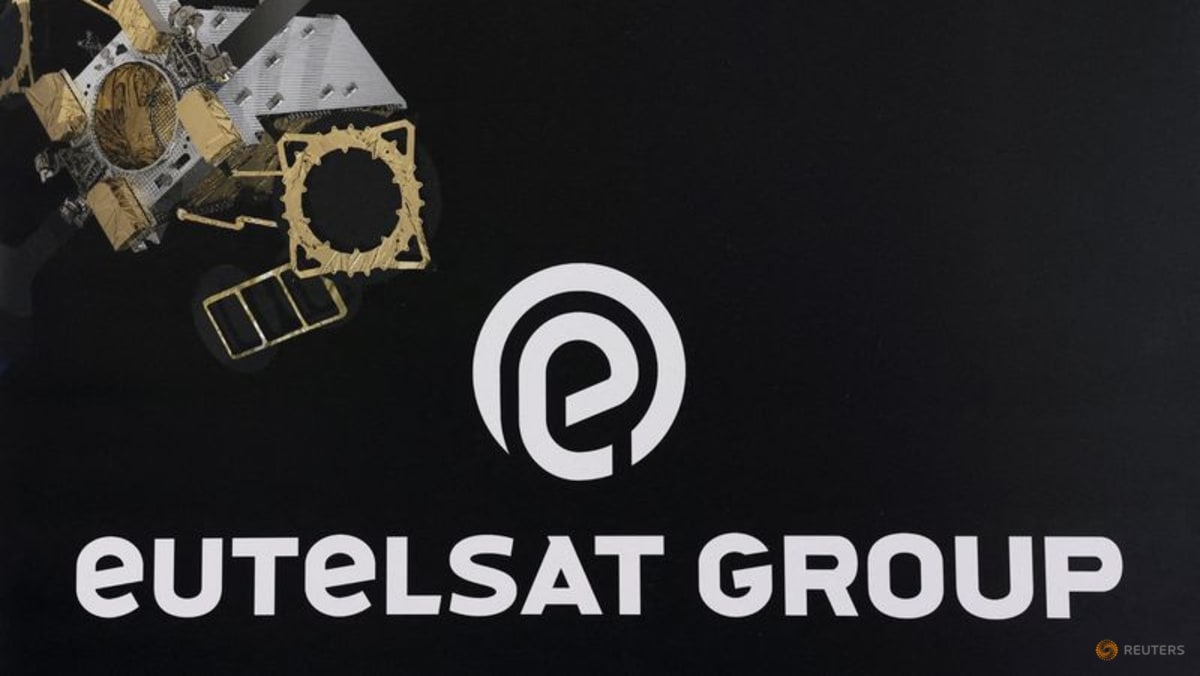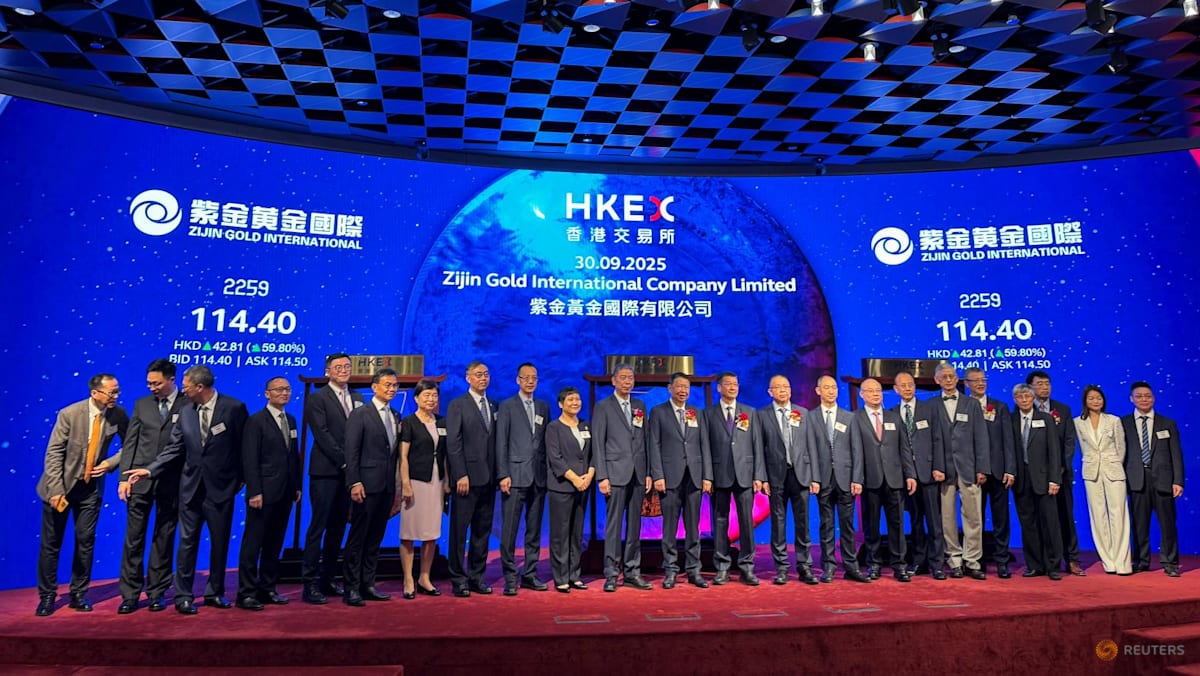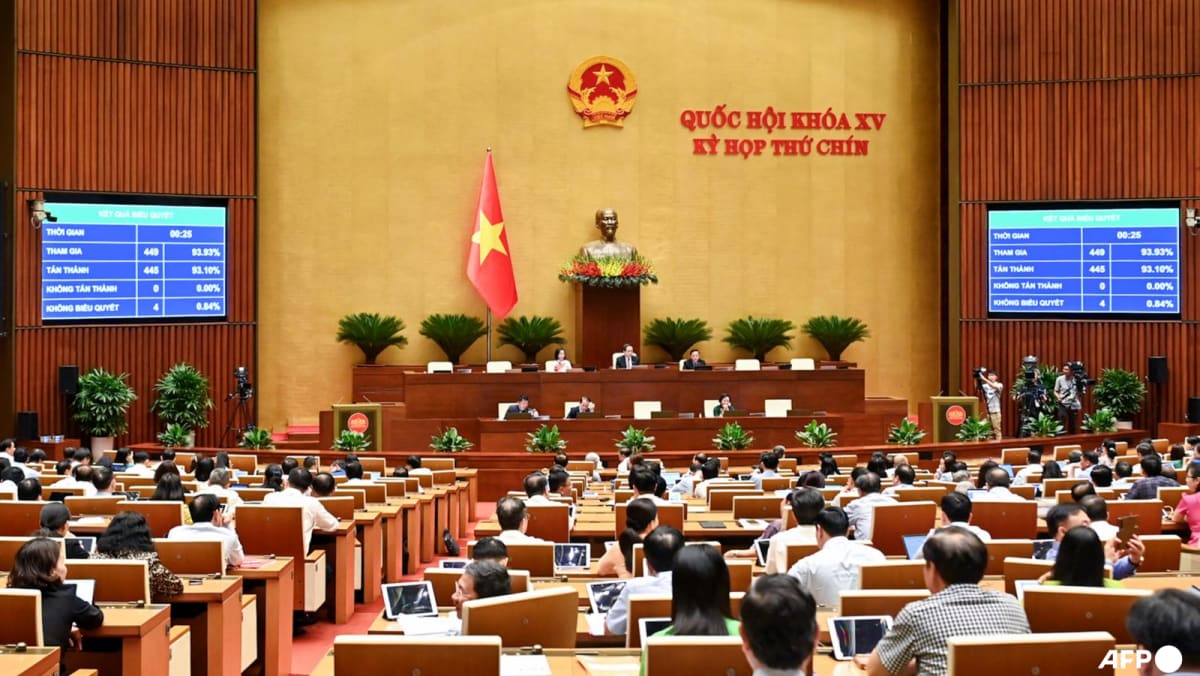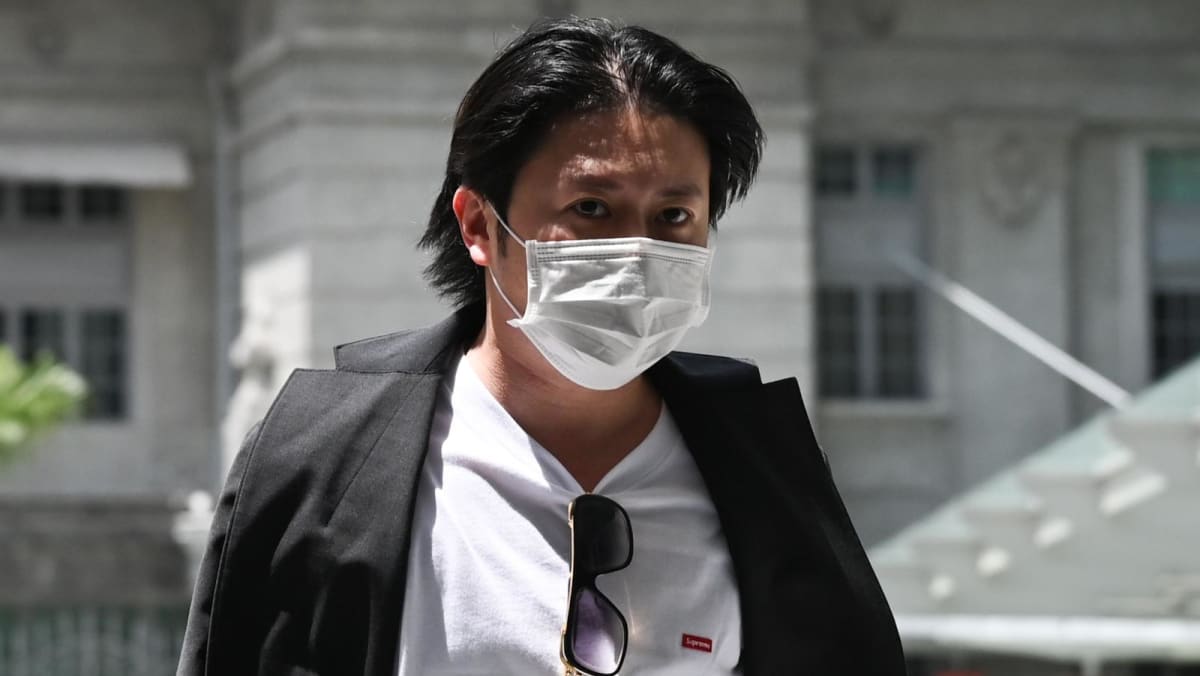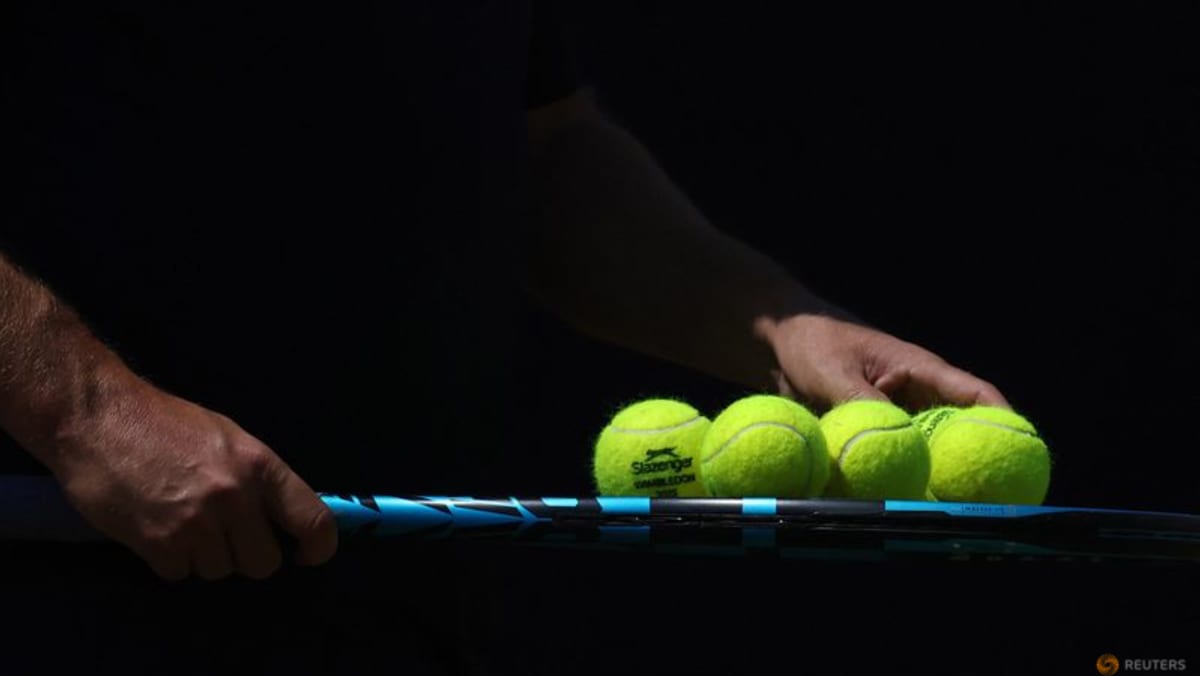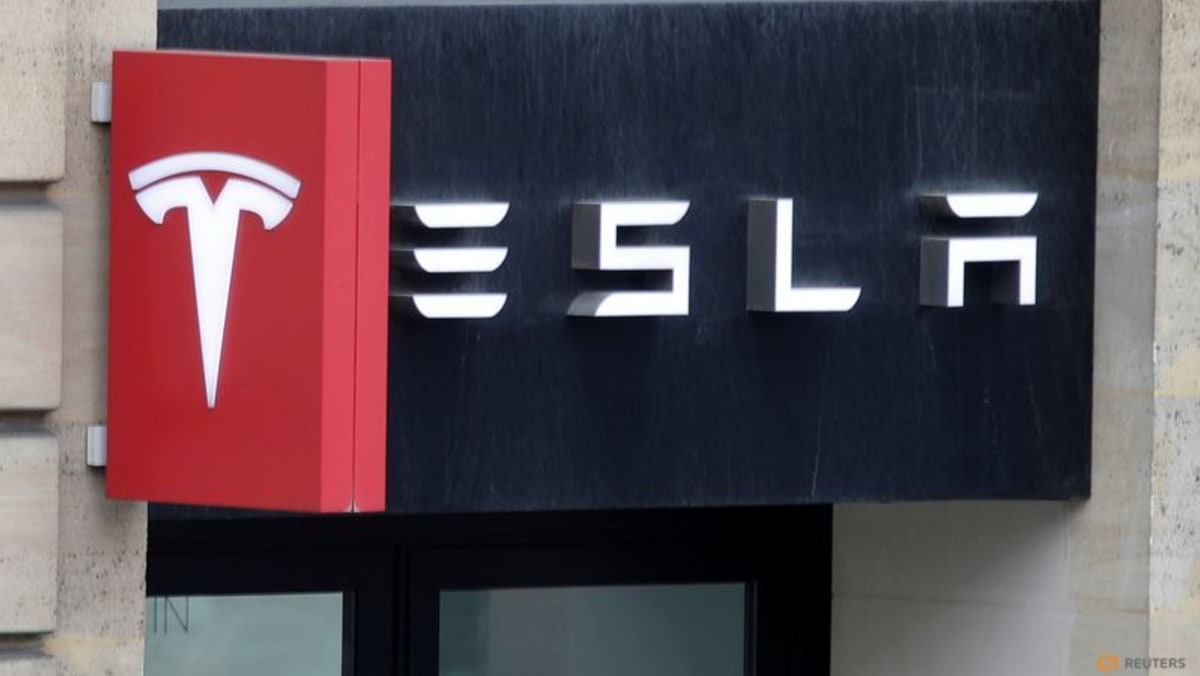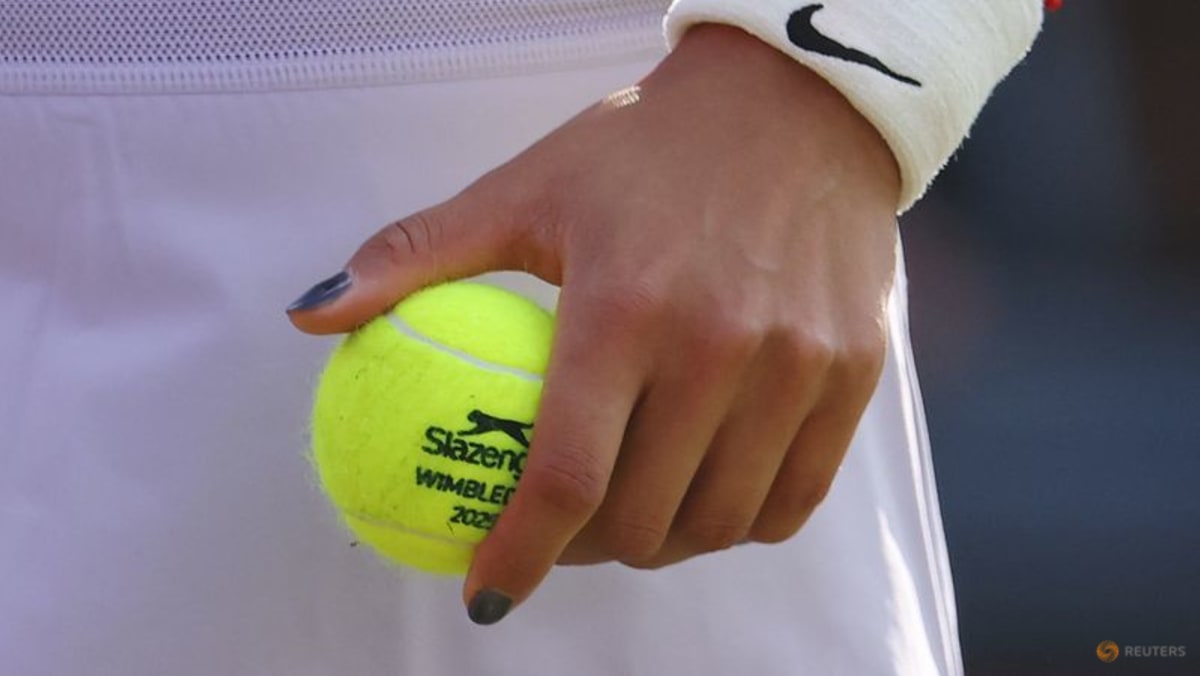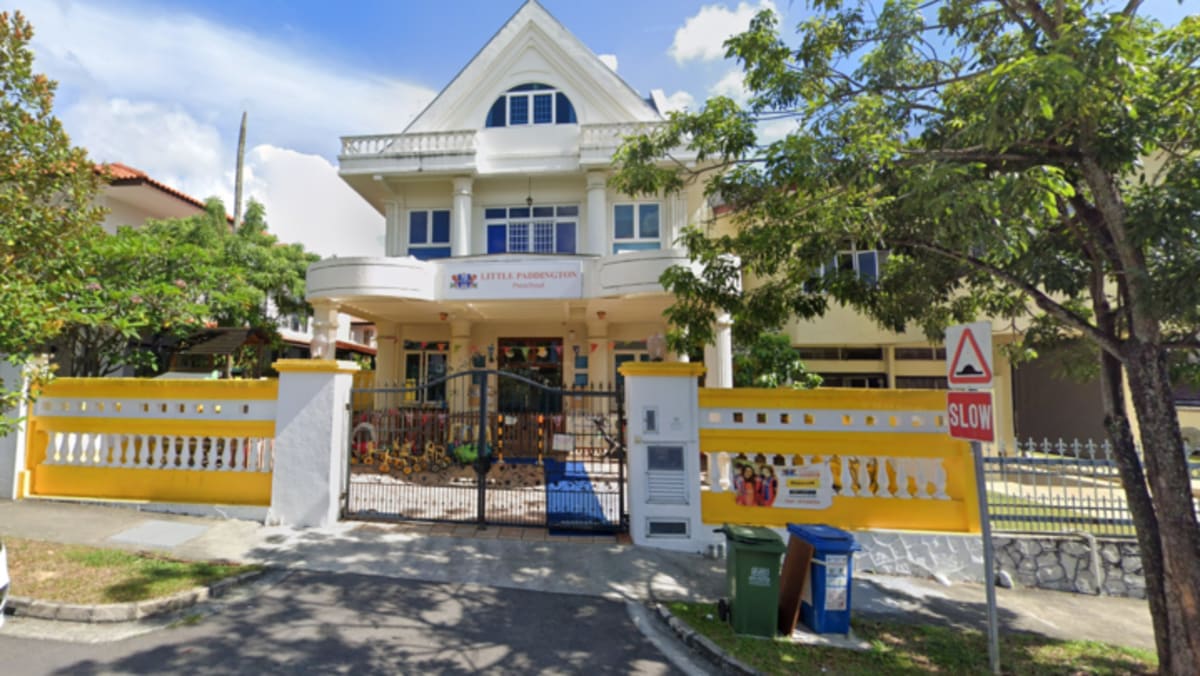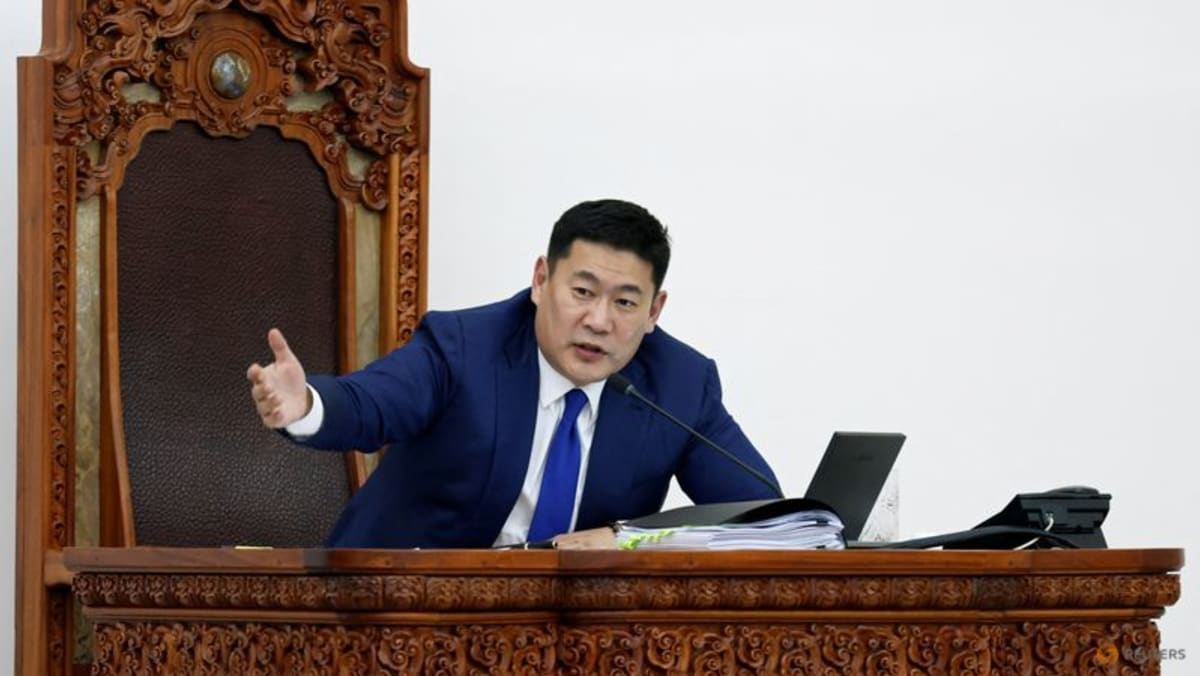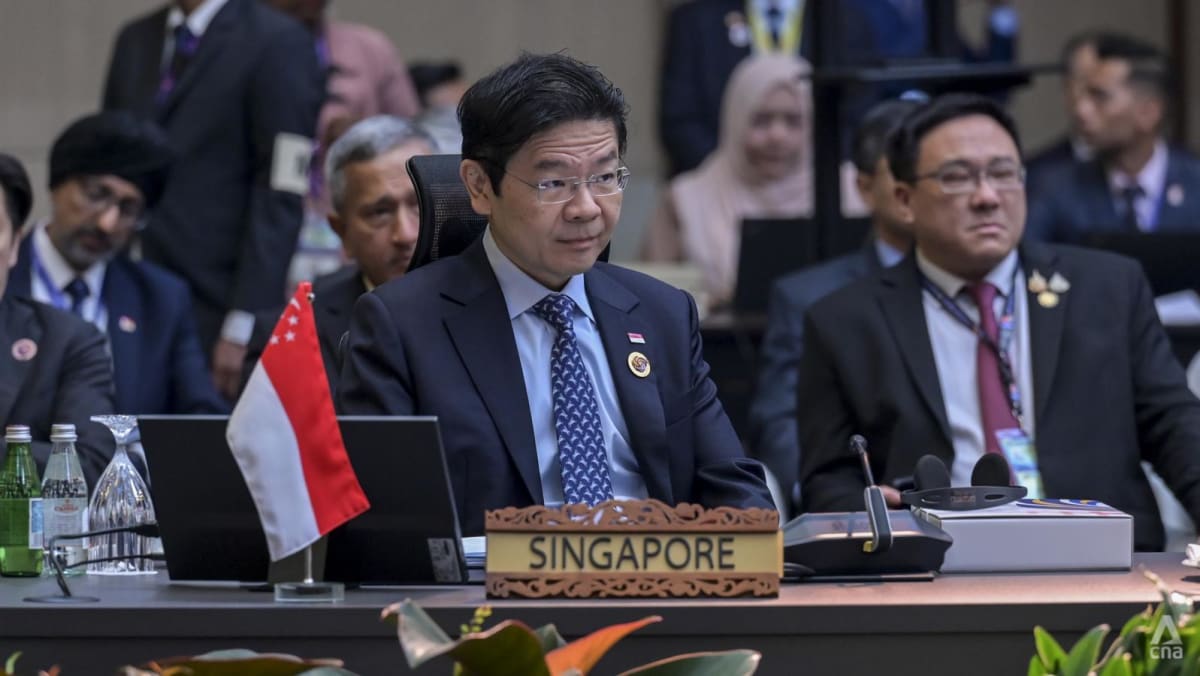WASHINGTON: US President Donald Trump touted ties with China as "excellent" on Wednesday (Jun 11), saying the superpowers reached a deal after two days of talks aimed at preserving a truce in their damaging trade war.
Trump said on his Truth Social platform that China would supply rare earth minerals and magnets - vital elements for US industries - while Washington would allow Chinese students to remain in US universities.
His post came hours after top US and Chinese negotiators announced a "framework" agreement late Tuesday following two days of marathon talks in London.
"Our deal with China is done," Trump wrote, adding that the agreement was still "subject to final approval with President Xi (Jinping) and me".
US stock markets showed little enthusiasm despite Trump's latest statements, with the broad-based S&P 500 and the Dow flat while the tech-heavy Nasdaq edged higher in morning deals.
"CANDID" TALKS
The two sides had agreed to reduce their tit-for-tat, triple-digit tariffs during talks in Geneva last month, but cracks appeared in the detente after Trump accused China of violating the deal.
Washington was concerned about slower supplies of rare earths after Beijing in early April began requiring domestic exporters to apply for a licence, widely seen as a response to US tariffs.
Rare earths are used in everything from electric vehicles to hard drives, wind turbines and missiles.
US Commerce Secretary Howard Lutnick said in London on Tuesday that US measures imposed when rare earths "were not coming" would likely be relaxed once Beijing moved forward with more license approvals.
In his Truth Social post, Trump said China will supply "full magnets, and any necessary rare earths ... up front".
Washington has infuriated Beijing by vowing to revoke the visas of Chinese students - a major source of revenue for US universities.
On Wednesday, Trump said: "We will provide to China what was agreed to, including Chinese students using our colleges and universities."
The US president also said that under the deal, the United States would apply 55 per cent tariffs on Chinese goods - a combination of his 30 per cent additional levies and the rough average of pre-existing duties, a White House official said.
He said Beijing would charge 10 per cent duties on US goods.
The rates are the same as those that were previously agreed in the truce, which brought US tariffs down from 145 per cent and those imposed by China from 125 per cent.
In a Chinese state media readout of the talks released Wednesday, Vice Premier He Lifeng, who headed Beijing's team in London, stressed the need for the two sides to strengthen cooperation in future dialogue.
"As a next step, the two sides should ... continuously enhance consensus, reduce misunderstandings and strengthen cooperation," He Lifeng said, according to state broadcaster CCTV.
Speaking to reporters in London, China International Trade Representative Li Chenggang said: "Our communication has been very professional, rational, in-depth and candid."
Trump's announcement came as an international rights group said several global brands are among dozens of companies at risk of using forced labour through their Chinese supply chains because they use critical minerals or buy minerals-based products sourced from the Xinjiang region of China.
The report by the Netherlands-based Global Rights Compliance says companies including Avon, Walmart, Nescafe, Coca-Cola and paint supplier Sherwin-Williams may be linked to titanium sourced from Xinjiang, where rights groups allege the Chinese government runs coercive labour practices targeting predominantly Muslim Uyghurs and other Turkic minorities.
The report found 77 Chinese suppliers in the titanium, lithium, beryllium and magnesium industries operating in Xinjiang. It said the suppliers are at risk of participating in the Chinese government’s “labour transfer programs”, in which Uyghurs are forced to work in factories as part of a long-standing campaign of assimilation and mass detention.
Asked about the report, the Chinese Foreign Ministry said that “no one has ever been forcibly transferred in China’s Xinjiang under work programs”.
The named companies didn’t immediately comment on the report.


